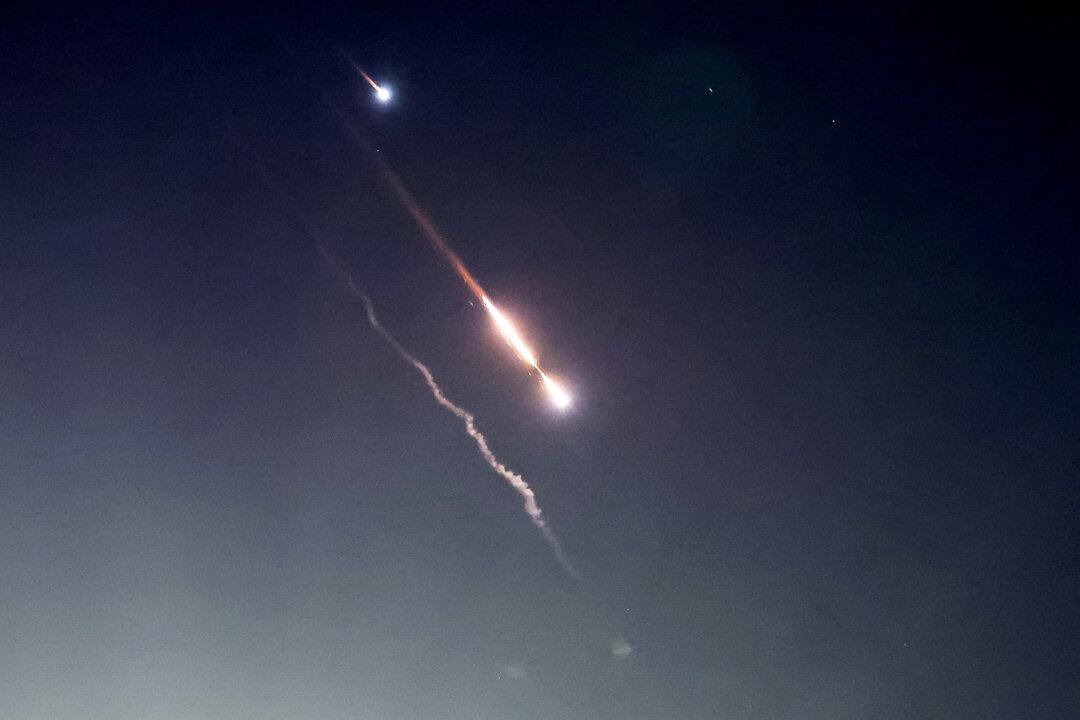Commentary
Former President Donald Trump’s statement that the attack on Israel by Iran “would not have happened if we were in office,” has drawn derision, including from his former National Security Adviser John Bolton.

Former President Donald Trump’s statement that the attack on Israel by Iran “would not have happened if we were in office,” has drawn derision, including from his former National Security Adviser John Bolton.